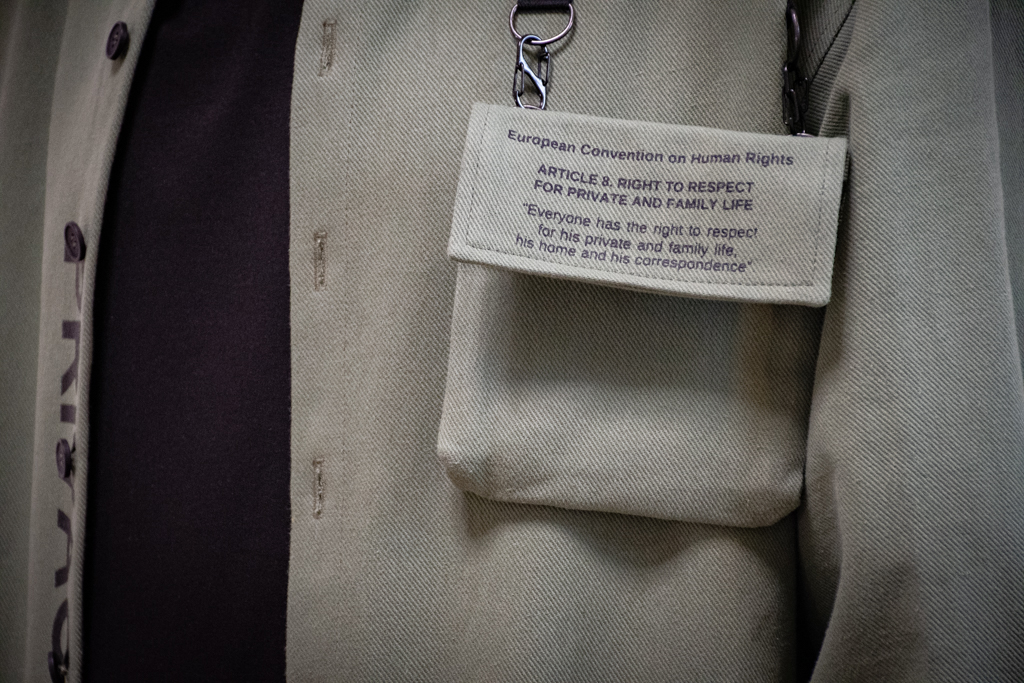
Privacy is defined as the boundaries of personal physical and spiritual space established by individuals themselves. Privacy is a separate world, the personal space of each person. How open this world will be to others is a personal matter for each individual. Naturally, if, for example, I don’t want someone to look at my photos or read my letters, writings, I simply won’t show them to others. No one will know about their existence if someone gains access to them without my consent.
Today, the right to privacy is protected by the Constitution and many international human rights documents. The European Convention on Human Rights says: “Everyone has the right to respect for his private and family life, his home and his correspondence.”
Considering the nature of the right to privacy, it is very multifaceted. Four spheres of the right to privacy can be conditionally distinguished.
(1) Privacy is considered as respect for personal life in its physical and moral manifestations. This is respect for individuality in terms of personal characteristics or belonging to a certain social or ethnic group. This concerns bodily privacy. For example, in a medical institution, you should be informed about the treatment plan and obtain permission for any procedures involving your body. This also includes the impact of the environment on health.
(2) Informational privacy concerns the protection of personal data, personal information from unwanted collection, dissemination, and use. Personal data includes various information about a person: from general information about passport data, education, place of residence, to such sensitive data as worldview or religious beliefs, health status, sexual life, and much more. Interestingly, the issue of collecting and disseminating information about a person is often considered together with the freedom of expression. The principles of freedom of expression allow restricting the right to private and family life, especially when it concerns public figures, politicians, and government officials.
(3) Communication privacy states that no one can have access to your postal correspondence, the content of SMS messages, messaging conversations, email without your consent.
(4) The territory of your residence, house, land plot is part of your private life. This is territorial privacy.
The purpose of enshrining the right to respect for private and family life as a legal norm is to protect individuals from arbitrary interference by state authorities in their personal and family life. However, this does not only mean passive non-interference. The state has so-called “positive obligations” – the necessity of specific actions by the state to guarantee the right to privacy.
Share stories about human rights and get acquainted with the stories others send in our community! This way, we can promote human rights and create a society that respects human dignity and values freedom and equality.
Send your stories here … We will post them on our portal …
Read, listen, watch stories of others here …
